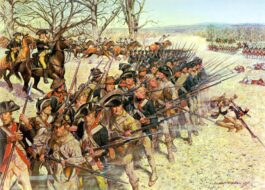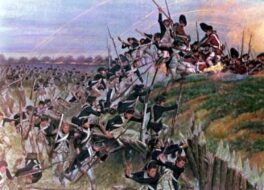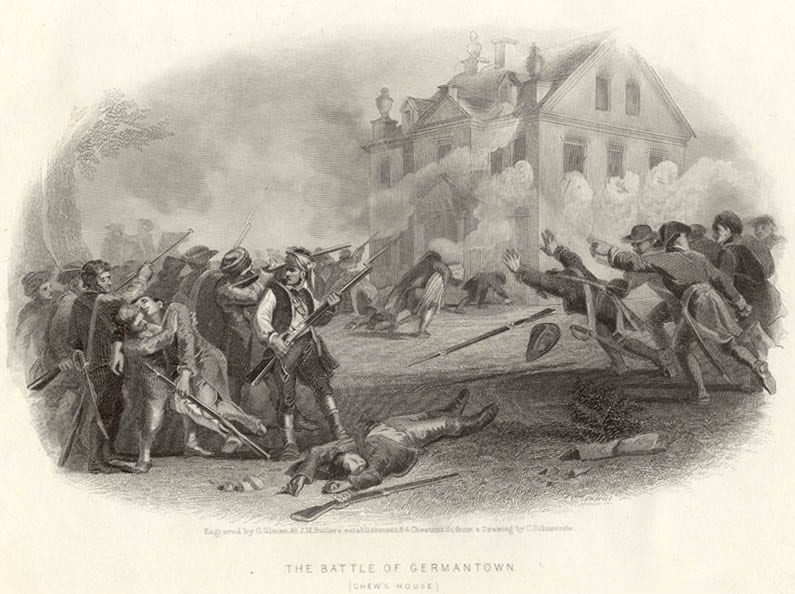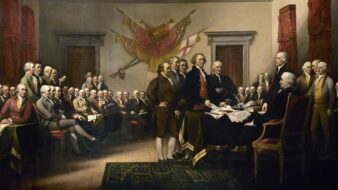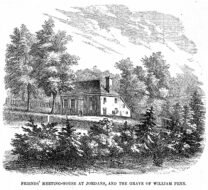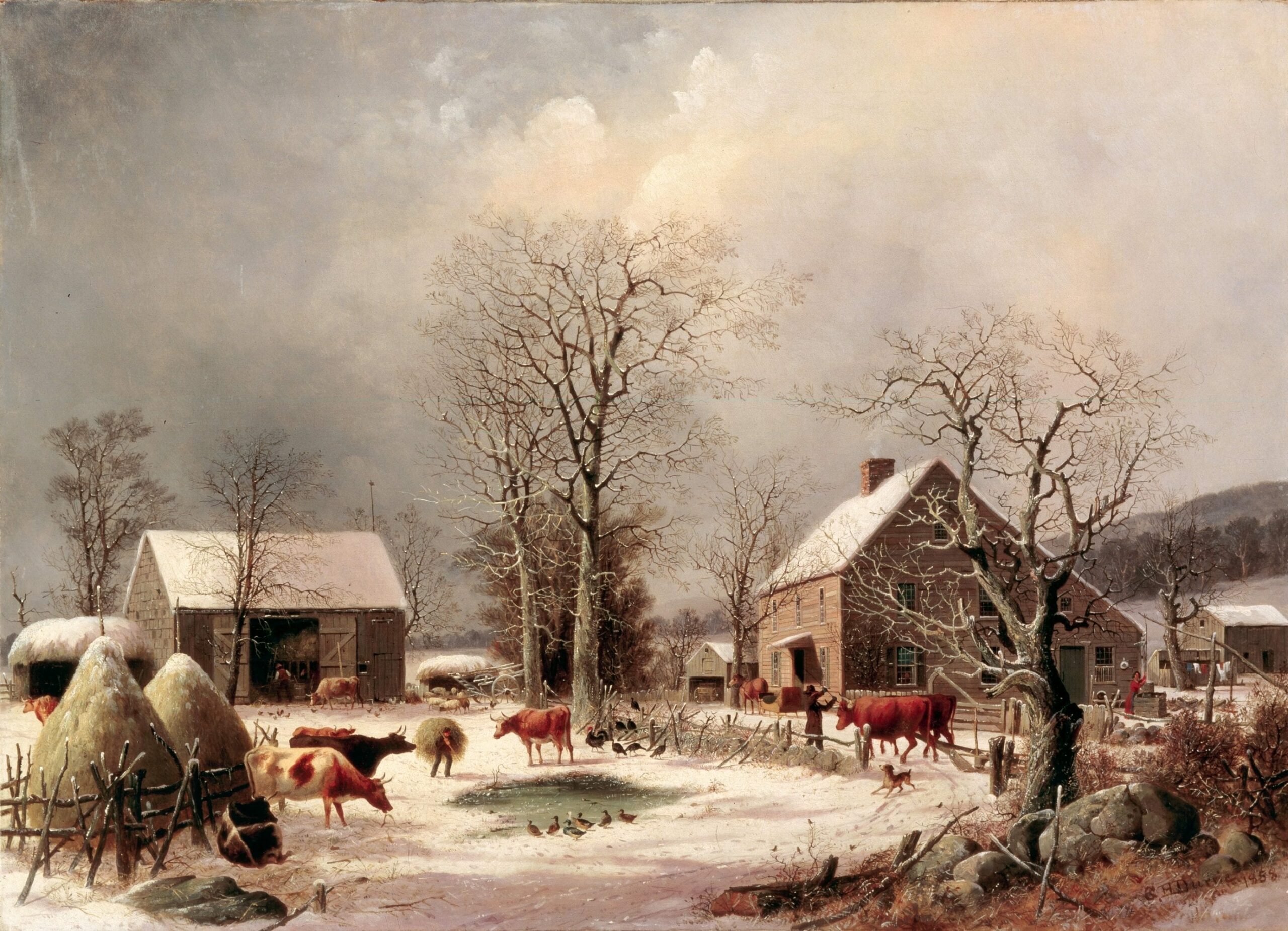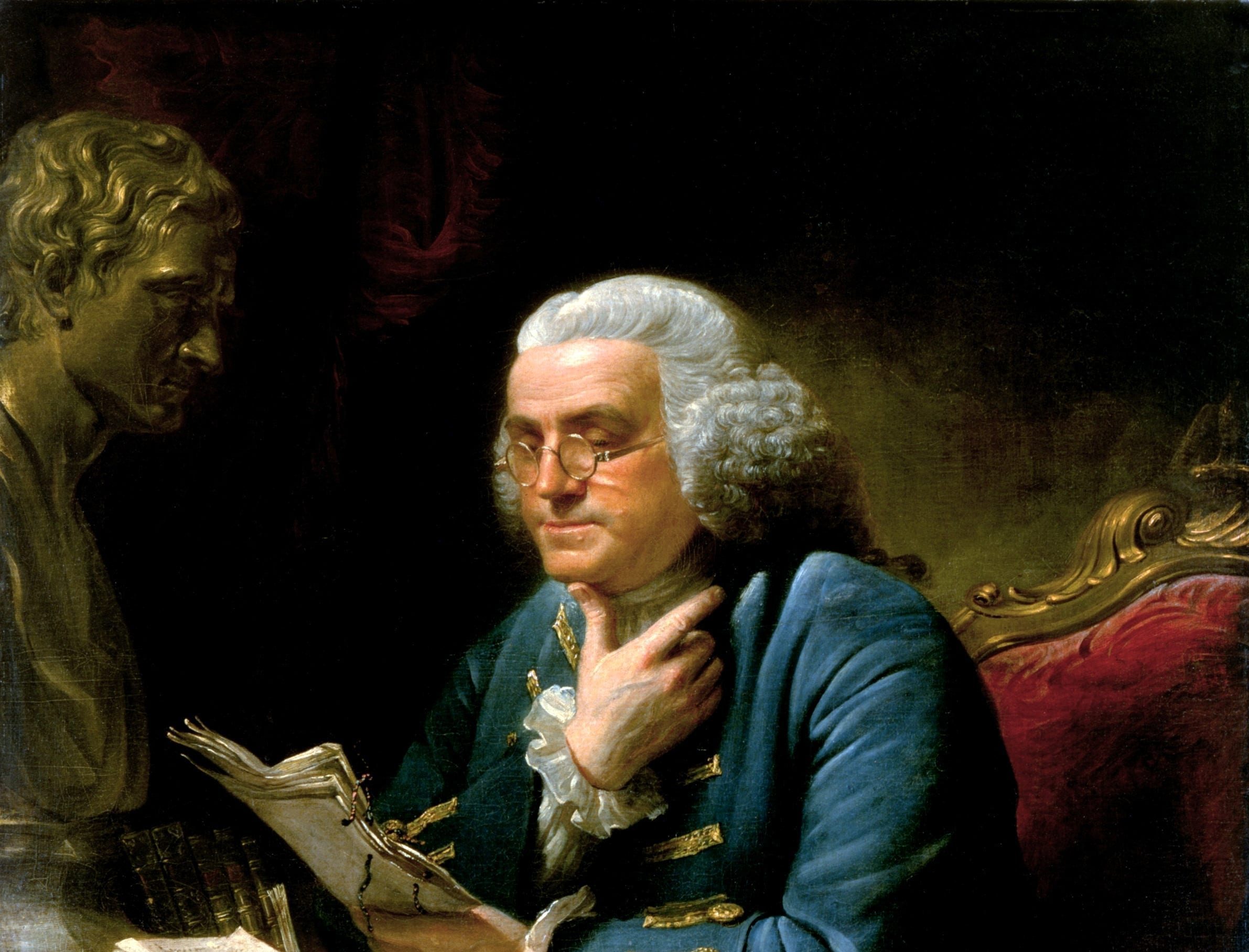
No study questions
No related resources
The only foundation of all legitimate governments is certainly a compact between the rulers and the people, containing mutual conditions, and equally obligatory on both the contracting parties. No question can therefore exist, at this enlightened day, about the lawfulness of resistance, in cases of gross and palpable infractions on the part of the governing power. It is impossible, however, clearly to ascertain every case which shall effect a dissolution of this contract; for these, though always tacitly implied, are never expressly declared, in any form of government.
As a man is bound by the sacred ties of conscience to yield obedience to every act of the legislature so long as the government exists, so, on the other hand, he owes it to the cause of liberty to resist the invasion of those rights which, being inherent and unalienable, could not be surrendered at the institution of the civil society of which he is a member. In times of civil commotions, therefore, an investigation of those rights which will necessarily infer an inquiry into the nature of government, becomes the indispensable duty of every man.
There are perhaps few questions relating to government of more difficulty than that at present subsisting between Great Britain and the Colonies. It originated about the degree of subordination we owe to the British Parliament, but by a rapid progress it seems now to be whether we are members of the empire or not. In this view, the principles of Mr. Locke and other advocates for the rights of mankind are little to the purpose. His treatise through-out presupposes rulers and subjects of the same state, and upon a supposition that we are members of the empire, his reasonings, if not inapplicable, will be found rather to militate against our claims; for he holds the necessity of a supreme power, and the necessary existence of one legislature only in every society, in the strongest terms.
Here arises the doubt: if we are parts of the same state, we cannot complain of a usurpation, unless in a qualified sense, but we must found our resistance upon an undue and oppressive exercise of a power we recognize. In short, our reasonings must resolve into one or the other of the following three grounds, and our right of resistance must be founded upon either the first or third of them; for either, first, we owe no obedience to any acts of Parliament; or, secondly, we are bound by all acts to which British subjects in Great Britain would, if passed with respect to them, owe obedience; or, thirdly, we are subordinate in a certain degree, or, in other words, certain acts may be valid in Britain which are not so here.
Upon the first point I am exceedingly clear in my mind, for I consider the Colonies as members of the British empire, and subordinate to the Parliament. But, with regard to the second and third, I am not so clear. The necessity of a supreme power in every state strikes me very forcibly; at the same time, I foresee the destructive consequences of a right in Parliament to bind us in all cases whatsoever. To obviate the ill effects of either extreme, some middle way should be found out, by which the benefits to the empire should be secured arising from the doctrine of a supreme power, while the abuses of that power to the prejudice of the colonists should be guarded against; and this, I hope, will be the happy effect of the present struggle. The basis of such a compact must be the securing to the Americans the essential rights of Britons, but so modified as shall best consist with the general benefit of the whole. If upon such a compact we cannot possess the specific privileges of the inhabitants of Great Britain (as for instance a representation in Parliament we cannot), this must not be an obstacle; for there is certainly a point in which the general good of the whole, with the least possible disadvantage to every part, does centre, though it may be difficult to discern it, and every individual part must give way to the general good… .
It may be said that these principles terminate in passive obedience: far from it. I perceive that several of the acts exceed those bounds which, of right, ought to circumscribe the Parliament. But my difficulty arises from this, that, taking the whole of the acts complained of together, they do not, I think, manifest a system of slavery, but may fairly be imputed to human frailty and the difficulty of the subject. Most of them seem to have sprung out of particular occasions, and are unconnected with each other, and some of them are precisely of the nature of other acts made before the commencement of his present Majesty’s reign, which is the era when the supposed design of subjugating the colonies began. If these acts have exceeded what is and ought to be declared to be the line of right, and thus we have been sufferers in some respects by the undefined state of the subject, it will also, I think, appear from such a union, when established, if past transactions are to be measured by the standard hereafter to be fixed, that we have hitherto been deficient in other respects, and derived benefit from the same unsettled state.
In short, I think those acts may have been passed without a preconcerted plan of enslaving us, and it appears to me that the more favorable construction ought ever to be put on the conduct of our rulers. I cannot therefore think the government dissolved; and as long as the society lasts, the power that every individual gave the society when he entered into it can never revert to the individuals again, but will always remain in the community.
If it be asked how we come to be subject to the authority of the British Parliament, I answer, by the same compact which entitles us to the benefits of the British constitution and its laws; and that we derive advantage even from some kind of subordination, whatever the degree of it should be, is evident, because, without such a controlling common umpire, the colonies must be-come independent states, which would be introductive of anarchy and con-fusion among ourselves. Some kind of dependence being then, in my idea, necessary for our own happiness, I would choose to see a claim made of a constitution which shall concede this point, as, before that is done by us and rejected by the mother country, I cannot see any principle of regard for my country which will authorize me in taking up arms, as absolute dependence and independence are two extremes which I would avoid; for, should we succeed in the latter, we shall still be in a sea of uncertainty and have to fight among ourselves for that constitution we aim at.
There are many very weighty reasons besides the above to restrain a man from taking up arms, but some of them are of too delicate a nature to be put upon paper; however, it may be proper to mention what does not restrain me. It is not from apprehension of the consequences should America be subdued, or the hopes of any favor from government, both which I disclaim; nor is it from any disparagement of the cause my countrymen are engaged in, or a desire of obstructing the present measures.
I am fully convinced that men of the greatest abilities and the soundest integrity have taken parts in this war with America, and their measures should have a fair trial. But this is too serious a matter, implicitly to yield to the authority of any characters, however respectable. Every man must exercise his own reason and judge for himself; “for he that appeals to Heaven must be sure that he has right on his side,” according to Mr. Locke. It is a question of morality and religion, in which a man cannot conscientiously take an active part without being convinced in his own mind of the justice of the cause; for obedience while government exists being clear on the one hand, the dissolution of the government must be equally so, to justify an appeal to arms; and whatever disagreeable consequences may follow from dissenting from the general voice, yet I cannot but remember that I am to render an account of my conduct before a more awful tribunal, where no man can be justified who stands accused by his own conscience of taking part in measures which, through the distress and bloodshed of his fellow-creatures, may precipitate his country into ruin.
Common Sense
January, 1776
Conversation-based seminars for collegial PD, one-day and multi-day seminars, graduate credit seminars (MA degree), online and in-person.



























